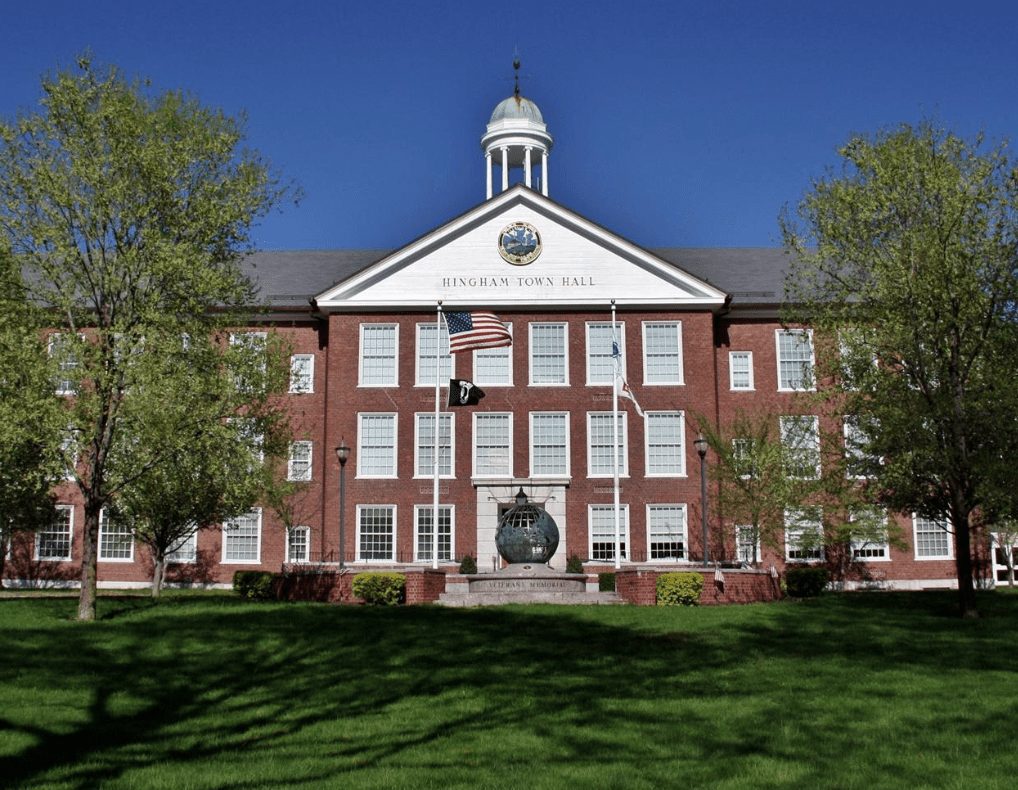
December 7, 2022 By Carol Britton Meyer
According to tradition, the Select Board voted to maintain a single tax rate for residential and commercial properties during the Fiscal 2023 tax classification hearing Tuesday night at the recommendation of the board of assessors.
The purpose of a classification hearing is to decide whether to shift the tax burden between the property classes. "The classification does not change the total levy for the community, the tax rate for the town, or determine how much money can be raised," Director of Assessing Erin Walsh said. "It simply determines the share to be borne by each class."
During the joint meeting, Walsh explained that at this time, shifting the tax rate to a higher one for commercial properties "would place a burden on the commercial base."
As an example, based on an estimated tax rate of $10.02, the highest shift would result in commercial properties paying approximately 50 percent more in taxes, while owners of residential parcels would save about 6.48 percent.
A breakdown of the property classifications indicates that approximately 89 percent is residential; 7.13 percent, commercial; 2.26 percent, industrial; and 1.34 percent, personal property, for a total value of $9.6 billion.
Total Hingham values by property type include $8.5 billion, residential; $682,409,908, commercial; $216,161,400, industrial; and $128,069,600 personal property.
In Fiscal 2022, 108 of 351 Massachusetts communities had a split tax rate, according to Walsh, with 96 percent of those cities and town having a split tax rate for more than 10 years.
Board of Assessors member Joshua Ross said that based on comparable towns, "maybe we should start looking at where we fall on that list. It looks like we have one of the lowest tax rates for both categories [of property], and we might want to dig into those numbers a little more and really look at the impact on businesses moving forward."
Ross also noted that the impacts of the recent Special Town Meeting/ballot votes approving a new Foster Elementary School and a new public safety facility and a potential operating override "wouldn't hit [taxpayers] until 2024, so it's probably prudent to [maintain a single tax rate] and look into it in more depth next year."
Board of Assessors Chair Chrissy Roberts said the board had a "very robust discussion, and at the end of the day we didn't see anything compelling to make a change at this point, but we will continue to look at [that option] every year."
After acknowledging their hard work, Select Board member Joseph Fisher said he's "a little cautious about looking at comparable towns [which is in large part based on income]. I'm looking at Plymouth County [overall], where less than 20 percent of towns have split tax rates. It's always tempting to shift the burden to commercial owners [to provide a measure of tax relief to residential property owners], but that would change the character of the town."
Fisher was referring to the bigger impacts that would be felt by small businesses in Hingham -- such as in the downtown area -- if there was a split tax rate versus the impact on much larger businesses.
Statistics show that of the 27 cities and towns in Plymouth County, five have a split tax rate.
Ross noted that he referred to comparable towns to be consistent with other presentations during various meetings in order to be consistent.
Walsh's presentation indicated that the average residential property value increased from $866,221 to $1.1 million from FY2020 to FY2023; commercial/industrial, personal property, from $1.06 million to $1.2 million within the same timeframe; and that average property values for condominiums increased from $661,120 in Fiscal2020 to $771,326 in FY2023.

